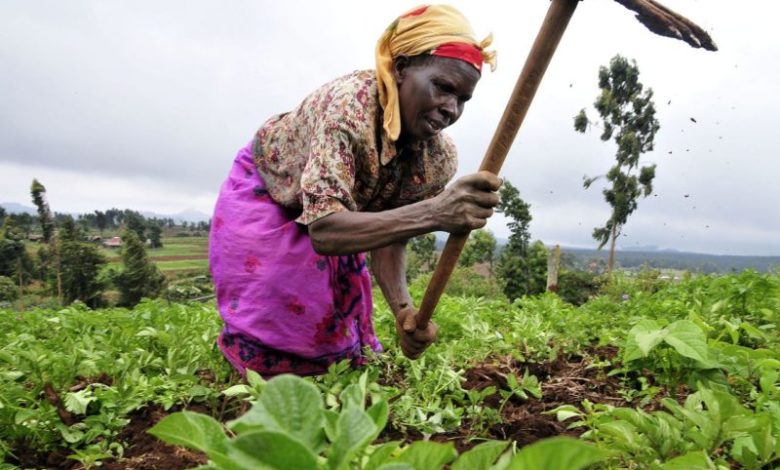Story: Business for the Disadvantaged

25,000 enterprises have been registered and are eligible for this preferred tendering. Who are they in your county?
30 Percent of all tenders have to be awarded to youth, women and persons with disabilities. This was introduced by a Circular of the Kenyan Government in September 2013 (ext link) and was later included in the Public Procurement and Asset Disposal Act, 2015.
The same circular includes a list of 13 supplies and services that should be reserved to these groups and six more that should be preferrably given to them. “Youth” are by law defined as citizens between the ages of 18 and 35. Companies owned by the youth have a share of at least 70 percent of the preferred tenders. See Public Procurement and Asset Disposal Act – section 2(1)
So it does not come as a surprise that countrywide almost 25,000 enterprises have registered as being eligible for these preferred tenders.
Search the Database for these Businesses
The register database is to be found on the PPOA – Public Procurement Oversight Authority‘s Web Site: Direct external link to pdf-File as of Feb 2016.
Unfortunately, there are several ways this field may be a target for corrupt dealings:
- A company could pose as a youth – or female – owned company with a puppet boss at its top.
- An established firm or individual can register a firm with fictitious names of youth, women or persons with disabilities.
- A company rightfully owned by the minorities (youth, women and disabled persons) could win tenders but subcontract the job to other companies – and take part of the money for the contract.
- It may also happen that real youth, women or PWD owned companies do not get a contract because the quota is not fulfilled or fake companies fetch the contracts.
The smaller the reporting area… the easier it will be for a journalist to find a story!
Search the database on ppoa.go.ke for registered SMEs (small and medium enterprises).
One may filter the database according to one’s aim.
In the database, sometimes there is only one or two companies registered in any one county for one specific economic field. Their addresses and phone numbers are listed online.
Call or visit these companies to find out which government tenders they got. Did the companies succeed in any case? What is their experience with government contracts?
To get the best significant information about the registered “minority” companies, speak to their competitors. But double-check it!
There are paradoxes in the rules about minority companies and tenders. For example: How can a young founder of a company be experienced and economically powerful enough to be rewarded with a big government contract?
Read the Circular of the Kenyan Government in September 2013 (external link) first, if you want to report on this. Also check our pages about Public Procurement.
The PPOA requires all public entities to file a quarterly report with all the tender notices and contract awards. These should be public documents which journalists may look at to see which companies are awarded contracts in a county. (source, ext. link – pdf)